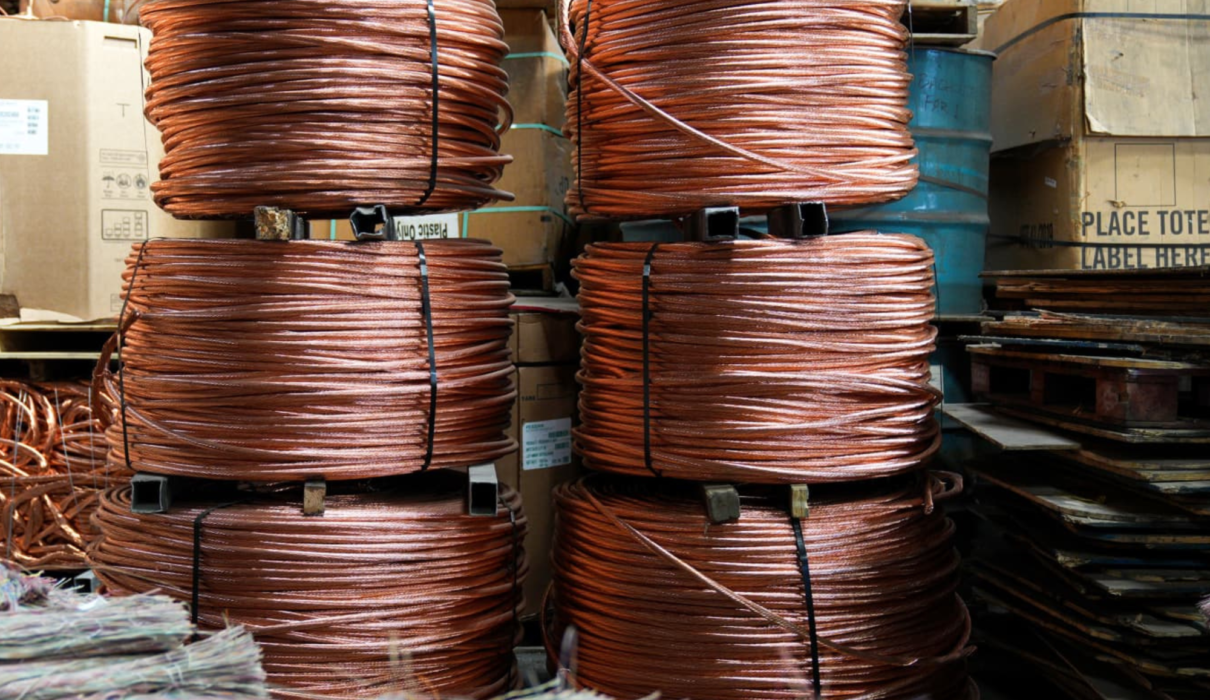In a bold escalation of U.S. trade policy, President Donald Trump on Tuesday declared that a 50% tariff on copper imports will go into effect August 1, igniting widespread uncertainty in both domestic and international markets.
The announcement came via a Truth Social post, followed by White House confirmation, citing copper as a “strategic vulnerability” due to the U.S.’s overreliance on foreign sources—primarily Chile, Canada, Mexico, and China. Trump’s message: “We will no longer allow vital industries to be hollowed out by foreign nations.”
Global Reaction & Market Jolt
The copper market responded immediately, with COMEX futures spiking 12%, as traders priced in possible supply shortages. This marked the largest one-day copper rally since the 2000s commodity supercycle. Mining stocks in South America and Australia also saw significant movement, with companies like BHP and Freeport-McMoRan surging in early trading.
The measure invokes Section 232 of U.S. trade law, which allows tariffs based on national security interests—a move reminiscent of the steel and aluminum tariffs Trump deployed in his previous term.
While the administration argues the tariff is necessary to reignite domestic refining and protect defense supply chains, several key trading partners have already pushed back. Chile’s Ministry of Foreign Affairs called the measure “unjustified,” while Mexico threatened retaliatory action through USMCA channels.
Domestic Policy Impact
Analysts caution that the new copper tariff could drive up costs in key industries reliant on the metal, including electric vehicles, renewable energy, semiconductors, and AI systems.
The policy shift also adds complexity ahead of the 2025 presidential election, with analysts noting it could appeal to industrial state voters but spook markets seeking stability.
With August 1 approaching, global stakeholders are bracing for price volatility, retaliatory moves, and an uncertain path forward in commodity trade diplomacy.

